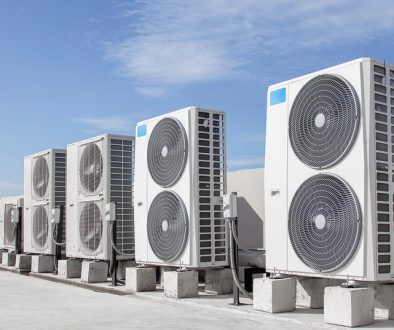Black Friday and pollution: incredible but true
Pollution linked to Black Friday is reaching record levels (in a negative sense). More and more people are deciding to spend their money online during this ‘sales bonanza’, without considering the serious impact their choice can have on the environment.
The chance to avoid interminable queues in traditional retail outlets and the convenience of being able to return the goods are two very good reasons why e-commerce sales are currently rocketing. It is not only the sales period which is harmful, but this scenario is also becoming more regular during the rest of the year too.
Why Black Friday pollutes
Many people do not stop to think how much pollution is produced by making online purchases. During Black Friday week in particular, when e-commerce retailers put many products on special offer, there is an exponential rise in sales.
One of the most harmful effects on the environment is caused by the large scale use of road and air transport, leading to the emission of more smog than an entire city produces in a year.
In addition, there is the plastic used in packaging and the cardboard boxes (which are not always recycled) that contain the goods. In other words, it doesn’t take long to work out what an impact the phenomenon of compulsive online shopping can have.
Black Friday returned goods pollute
For some time, online shops have offered the possibility to return goods within a set time, without any additional charge to the client. This option (which has led to a percentage increase in sales of over 457%) is now standard, but it also generates a lot of pollution.
It is estimated that in 2020, the total value of returned goods in the USA will reach 550 billion dollars. This is a shocking figure, which translates into even worse statistics if we consider the additional increase in the quantity of packaging and emissions.
These figures rise during Black Friday, with pollution reaching extremely high peaks. According to research, it seems that over 15-30% of goods purchased during the sales period (clothing in particular) is returned by clients.
Returning a parcel, in most cases, means re-calling the courier and thereby causing him to travel double the distance. In any case, the emissions are only the tip of a much deeper iceberg, especially if we consider that the majority of returns also constitute also a financial loss for businesses, who often end up throwing away or donating the returned goods to charity.
How to combat Black Friday pollution
Several solutions are being sought in order to put the brakes on pollution linked to Black Friday and more generally, to online shopping. Educating clients to be more aware when making purchases is one of these, but this requires considerable time.
In the short term, it is technology which can make the difference. As well as the use of electric or hybrid means of transport with reduced emissions, some companies are working towards making smart purchasing more accessible.
One of the most interesting proposals consists of an assistant via chat, who is able to advise clients just like a real assistant would in a traditional shop. Another useful tool is research on purchasing data carried out by expert analysts, which can help companies to improve product information and make it clearer.
No less important is the progress made by some teams of Indian researchers, who are working on artificial intelligence which is able to predict returns with a success rate of 83%.
Translated by Joanne Beckwith







